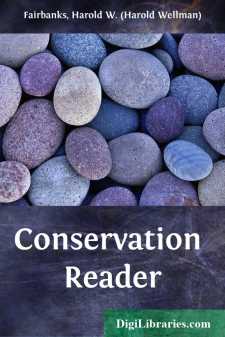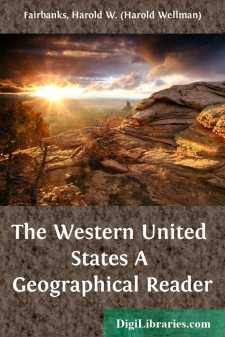Categories
- Antiques & Collectibles 13
- Architecture 36
- Art 48
- Bibles 22
- Biography & Autobiography 813
- Body, Mind & Spirit 142
- Business & Economics 28
- Children's Books 17
- Children's Fiction 14
- Computers 4
- Cooking 94
- Crafts & Hobbies 4
- Drama 346
- Education 46
- Family & Relationships 57
- Fiction 11829
- Games 19
- Gardening 17
- Health & Fitness 34
- History 1377
- House & Home 1
- Humor 147
- Juvenile Fiction 1873
- Juvenile Nonfiction 202
- Language Arts & Disciplines 88
- Law 16
- Literary Collections 686
- Literary Criticism 179
- Mathematics 13
- Medical 41
- Music 40
- Nature 179
- Non-Classifiable 1768
- Performing Arts 7
- Periodicals 1453
- Philosophy 64
- Photography 2
- Poetry 896
- Political Science 203
- Psychology 42
- Reference 154
- Religion 513
- Science 126
- Self-Help 84
- Social Science 81
- Sports & Recreation 34
- Study Aids 3
- Technology & Engineering 59
- Transportation 23
- Travel 463
- True Crime 29
Conservation Reader
Categories:
Description:
Excerpt
CHAPTER ONE
HOW OUR FIRST ANCESTORS LIVED
Before these fields were shorn and tilled
Full to the brim our rivers flowed;
The melody of waters filled
The fresh and boundless woods;
And torrents dashed, and rivulets play'd,
The fountains spouted in the shade.
William Cullen Bryant,
quoted in American Forestry, XIV. 520
The earth is our home. It is a great treasure house filled with the most wonderful things. Although people have lived on the earth for many thousands of years, they have been very slow in learning the secrets of their treasure house. This is because early men were much like the lower animals. During all these years their minds have been slowly growing. Now we can learn and understand many things which our ancestors of long ago could not.
In habits and appearance the first men that roamed the earth were little different from the other animals except that they walked upright. When they had enough to eat and a home safe from enemies, they seemed perfectly happy and contented.
These early men lived in the same wonderful treasure house as we do, but they did not know how to make use of its riches. In truth, their wants were so few that they would have had no use for the things that now seem so necessary to us. The rich fields about them lay untilled. The gold, silver, copper, and iron in the earth remained undiscovered; and the animals and birds that we now use in so many ways then served them mainly for food.
Since they had no furry coats to keep them warm as do the animals of the cold regions, and had not learned to make clothing, their homes must have been in the warm parts of the earth. While they were without weapons to defend themselves against the lion and tiger, yet they were sharp witted and very quick in their movements and thus were usually able to escape their more powerful enemies.
Although these early ancestors of ours seemed so much like the other animals, they were in reality very different. They had the same keen senses of sight, hearing, and smell, but they were more intelligent.
When the dog and cat have had enough to eat, they lie down perfectly happy and contented. But when early men had had enough to eat, they were often not satisfied. They had other longings which finally led them to make discoveries about the uses of things around them and how to make their lives more comfortable.
The little bear cub, for example, as it grows up learns from its mother just what it should do on all occasions. It learns what its mother knows and that is all. But among the early people of whom we are speaking the children not only learned all that their parents knew, but a little more. In this way each generation of children came to know more about the world.
Thus after many years had passed people came to understand something of the wonderful world in which they lived. They were no longer at the mercy of wild animals, storms, heat, cold, hunger, and disease.
The first people, like the other animals, used only their hands and teeth in hunting and in fighting their enemies....



